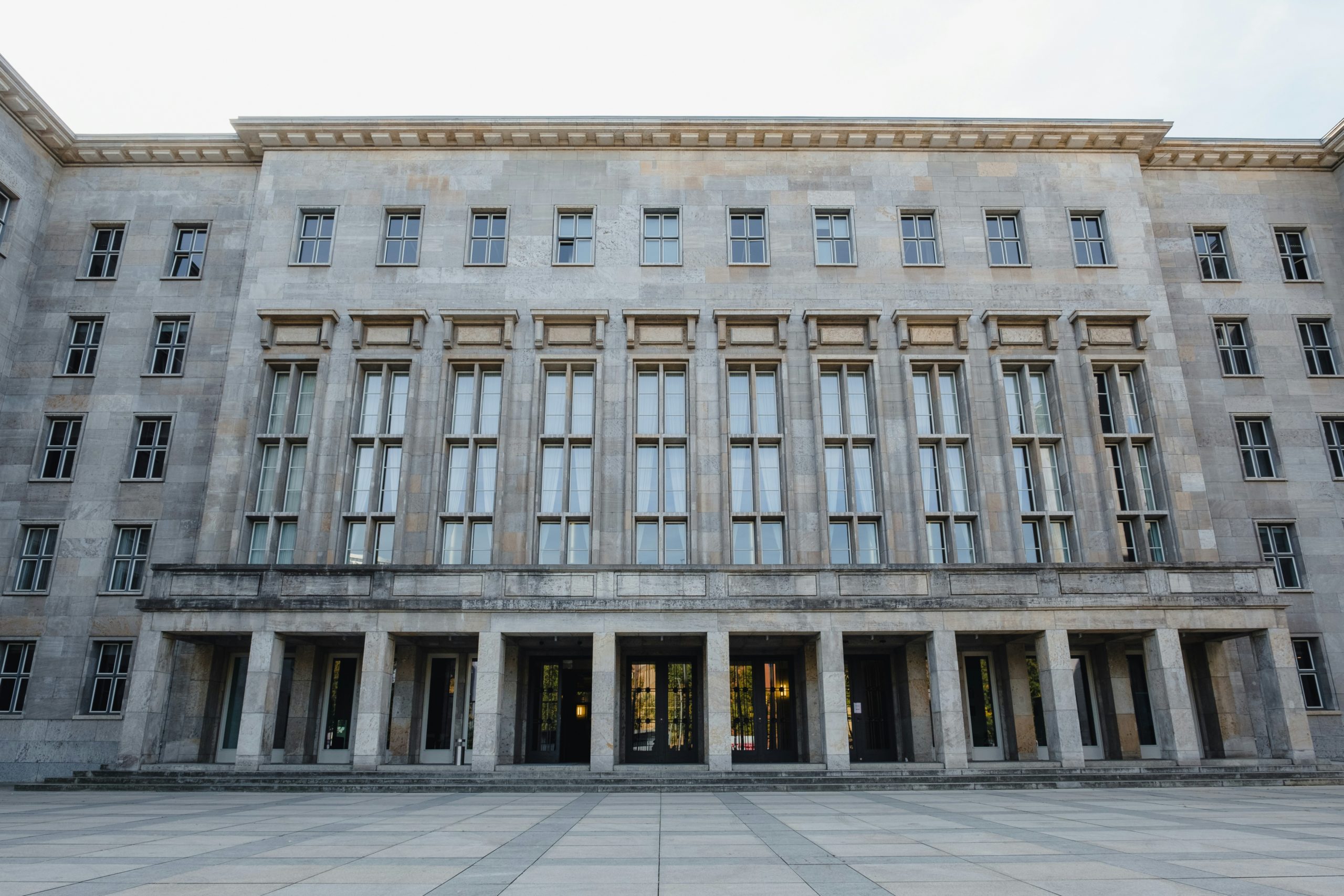Forum newsletter: Long in the making – but will it deliver? Symposium on the 500-billion-euro package
From our Forum New Economy newsletter series
BY
THOMAS FRICKEPUBLISHED
24. NOVEMBER 2025
Dear friends and colleagues,
It took about a decade for a consensus to form in Germany that far more money needs to be invested in schools, railway lines, universities, and climate action – and that it was ultimately not such a great idea to keep cutting and saving across the board for so long just to maintain a black zero. Longer than anywhere else, self-styled economic sages dominated the debate here, who, driven by an anti-statist reflex, were still doubting in 2013/14 that Germany needed any additional public investment at all – even though the potholes were already visible in the streets by then.
Then came reports such as those by the trade-union-affiliated IMK and the employer-affiliated IW, which in 2019 were the first to jointly identify the famous 500 billion euros that urgently need to be invested. Other analyses followed, including studies for the Forum, which again saw a pathway in so-called special funds – because these are investments in the future, which legitimises debt-financed spending. The real turning point came in early 2025 – with an envisaged volume of 500 billion. No coincidence. And along with a special fund and an amendment to the Basic Law.
The package has now been adopted for half a year – yet little of the great leap forward can be felt. Instead, there is loud grumbling about debt and alleged misuse. And the country is busy debating citizen’s benefit and pensions after 2030. What would be far more urgent is to clarify, in talk shows and elsewhere, how best to spend all this money – and how the whole endeavour could become a blessing.
That is precisely what this Friday is about: the Forum’s symposium – examining whether the 500-billion-euro debt package can still become a genuine future package. What the many billions can actually achieve will be explored by Deputy Finance Minister Steffen Meyer in a panel discussion with financial expert and former Green family minister Lisa Paus. Achim Truger will present estimates by the (current) German Council of Economic Experts on the growth effects, which may not be as small as often assumed. And Christine Herntier, the mayor of Spremberg, will outline what such a programme means for a town undergoing structural transformation – and whether it could ease public frustration in the East, including the far-right incidents she recently warned about in an open letter.
How to prevent such a massive programme from getting lost in bureaucratic micromanagement will then be discussed by Jakob von Weizsäcker, one of the intellectual architects of the recent package, together with Laura Krause, who is responsible at the Federal Ministry of Finance for monitoring and communication of the programme, Michael Hüther from the aforementioned IW, and Katja Rietzler from the aforementioned IMK.
Start of the symposium: 28 November, 3 p.m. Register here.
*
How difficult it has become to convey the urgency of climate action is suggested by the lacklustre conclusion of the climate conference in Belém. Science may already be one step ahead – at least when it comes to the question of whether there might be a form of climate policy that comes across more positively: one in which governments rely less on behaviour change through cost shocks (for example for petrol or heating). An alternative could be to create positive incentives first – such as a dense network of charging stations – and only then raise petrol prices once switching to an electric car has become sufficiently attractive.
How this can be done has been outlined by Eric Lonergan, Michael Grubb and Isabella Wedl in a recently published paper for the Forum. The approach was already discussed in our New Economy Short Cut last week – available in ReLive here. More to follow soon.
Have a great week,
Thomas Fricke
This text is from our bi-weekly newsletter series. To subscribe, click here.
